Chunxiuzi Liu
DEFT: Distilling Entangled Factors
Feb 08, 2021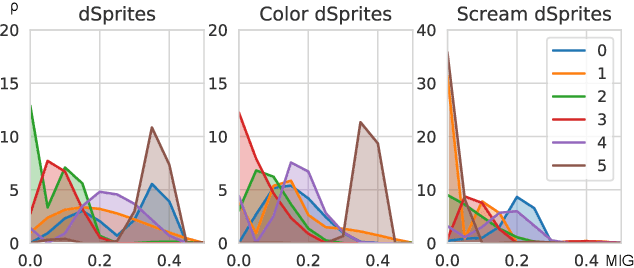

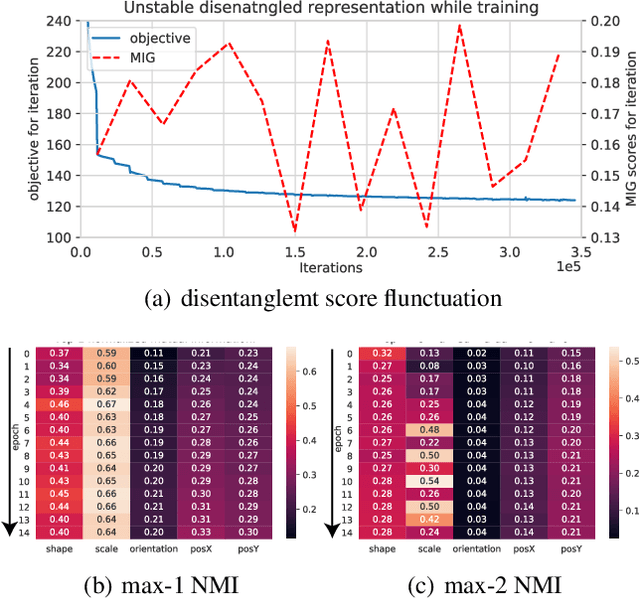

Abstract:Disentanglement is a highly desirable property of representation due to its similarity with human understanding and reasoning. However, the performance of current disentanglement approaches is still unreliable and largely depends on the hyperparameter selection. Inspired by fractional distillation in chemistry, we propose DEFT, a disentanglement framework, to raise the lower limit of disentanglement approaches based on variational autoencoder. It applies a multi-stage training strategy, including multi-group encoders with different learning rates and piecewise disentanglement pressure, to stage by stage distill entangled factors. Furthermore, we provide insight into identifying the hyperparameters according to the information thresholds. We evaluate DEFT on three variants of dSprite and SmallNORB, showing robust and high-level disentanglement scores.
A Novel Graphic Bending Transformation on Benchmark
Apr 21, 2020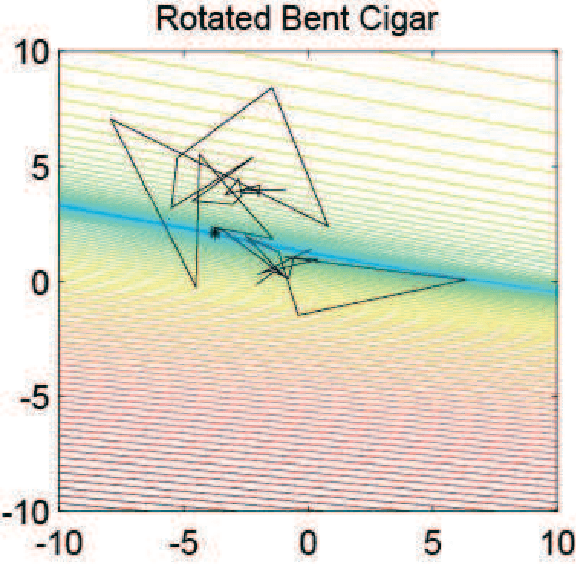

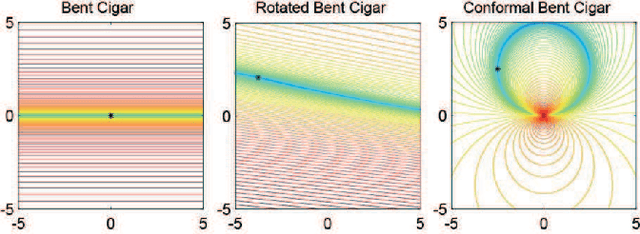
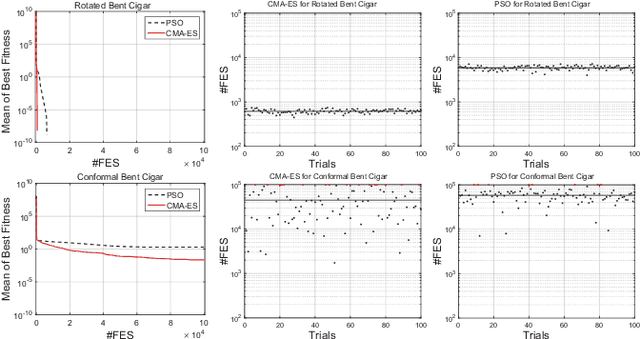
Abstract:Classical benchmark problems utilize multiple transformation techniques to increase optimization difficulty, e.g., shift for anti centering effect and rotation for anti dimension sensitivity. Despite testing the transformation invariance, however, such operations do not really change the landscape's "shape", but rather than change the "view point". For instance, after rotated, ill conditional problems are turned around in terms of orientation but still keep proportional components, which, to some extent, does not create much obstacle in optimization. In this paper, inspired from image processing, we investigate a novel graphic conformal mapping transformation on benchmark problems to deform the function shape. The bending operation does not alter the function basic properties, e.g., a unimodal function can almost maintain its unimodality after bent, but can modify the shape of interested area in the search space. Experiments indicate the same optimizer spends more search budget and encounter more failures on the conformal bent functions than the rotated version. Several parameters of the proposed function are also analyzed to reveal performance sensitivity of the evolutionary algorithms.
 Add to Chrome
Add to Chrome Add to Firefox
Add to Firefox Add to Edge
Add to Edge